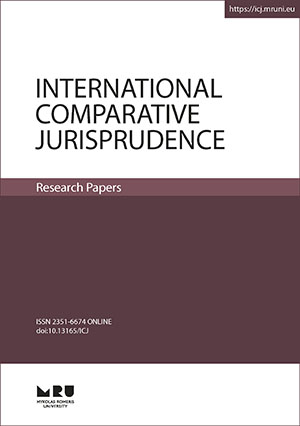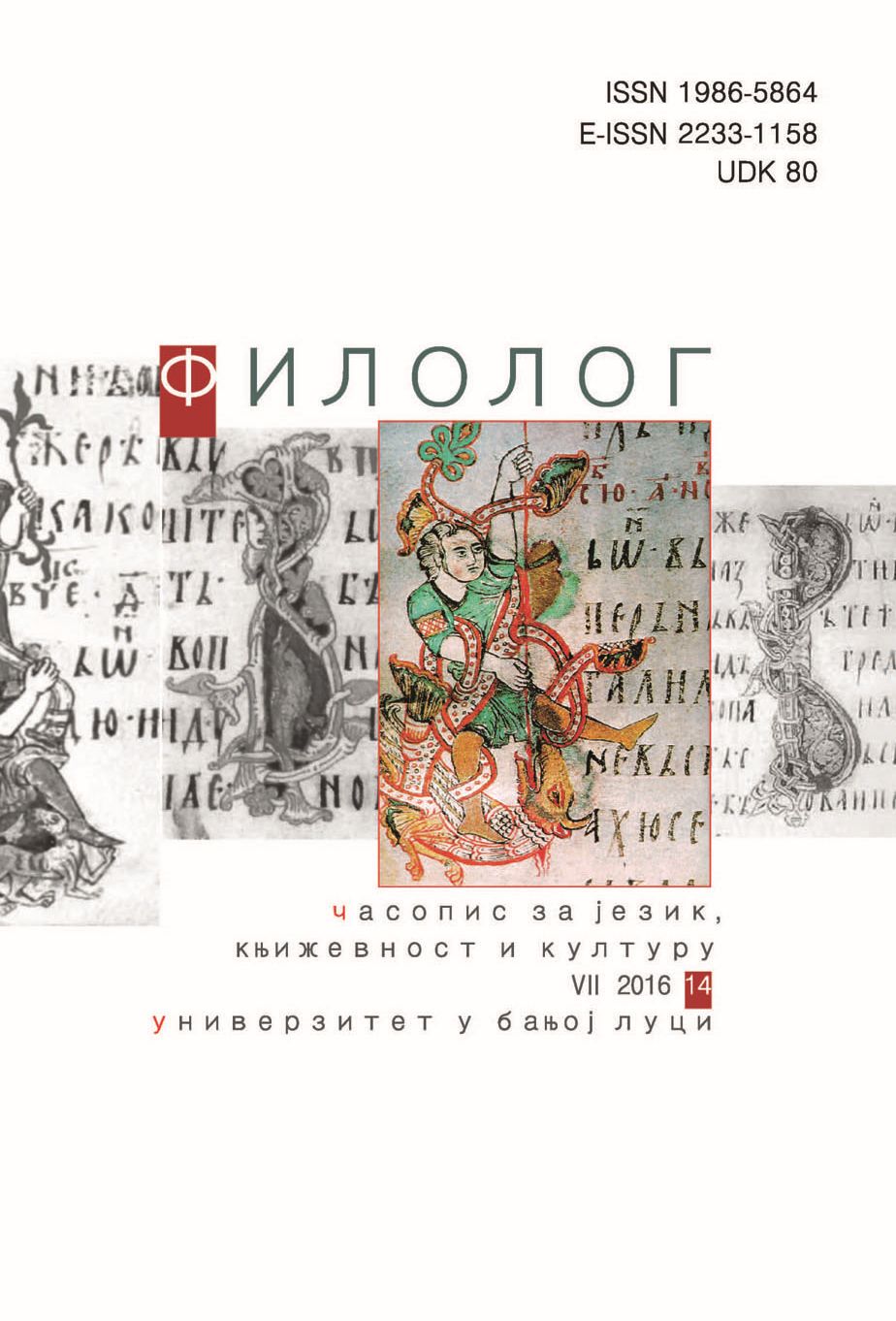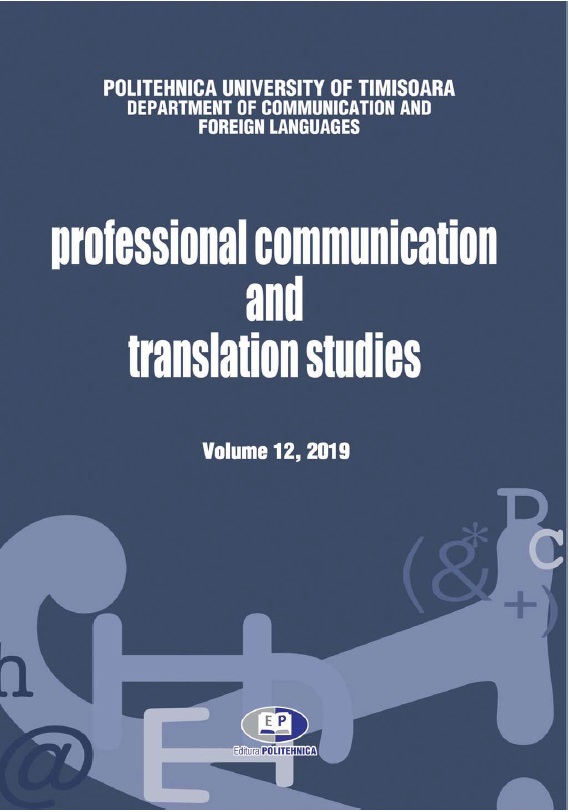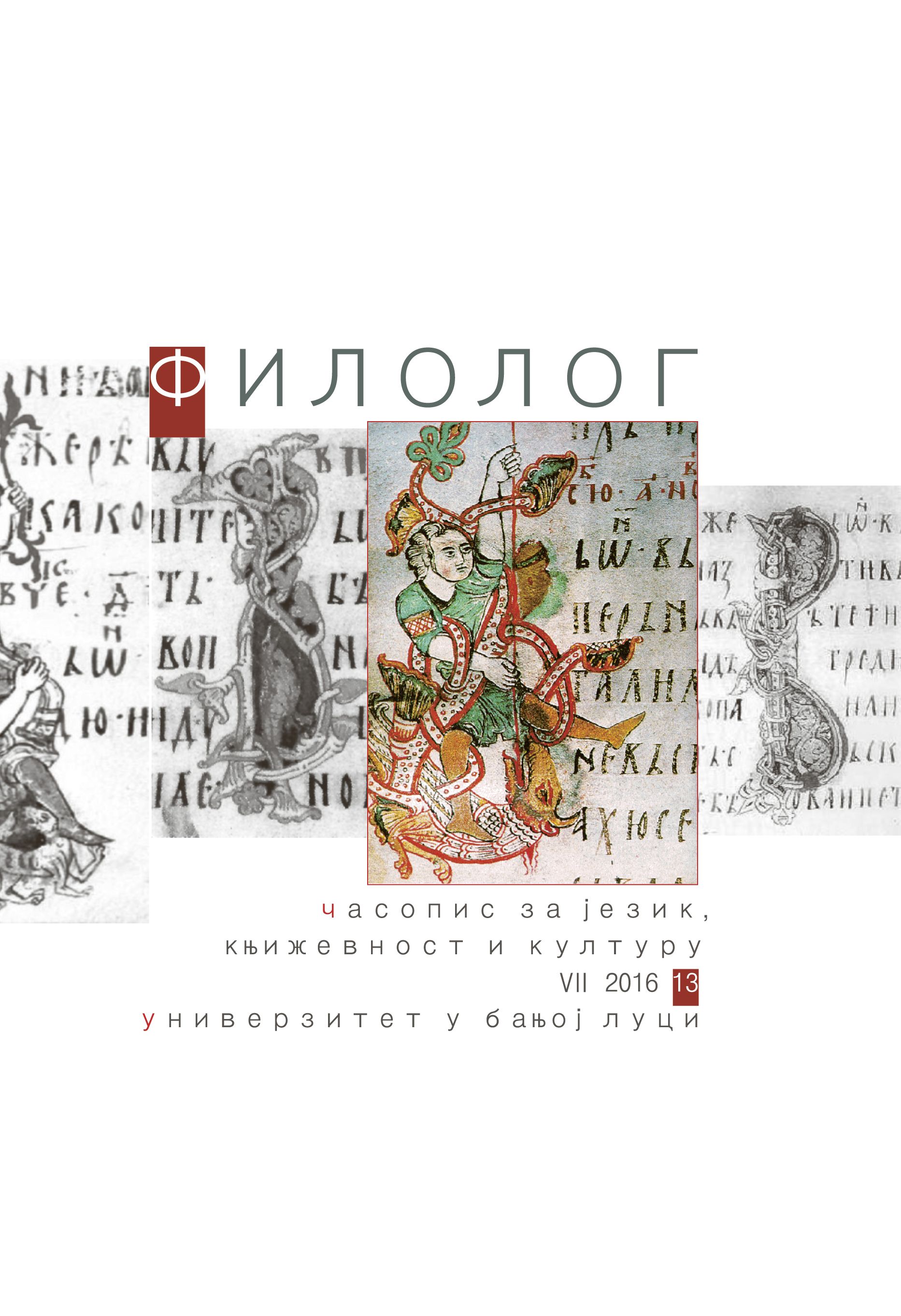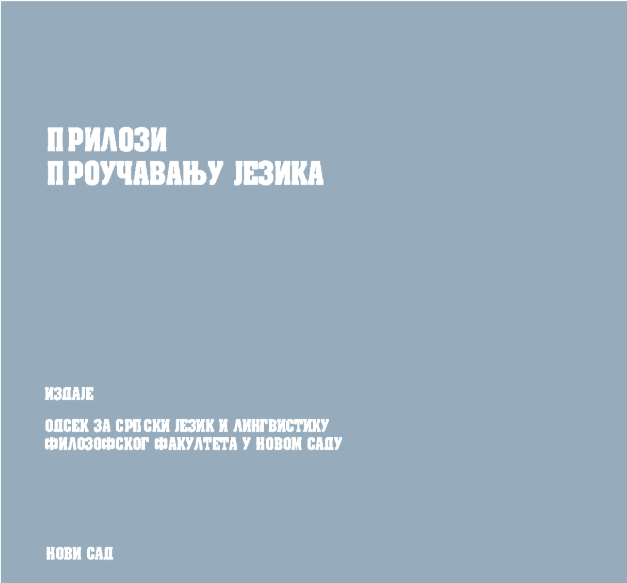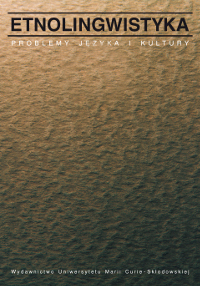
Идиома и культура: в поисках общего основания
In the paper a new concept, that of “idiom”, is proposed for the analysis of the relationship between language and culture. The concept is studied as a linguistic fact, i.e. narrowly understood idioms or other fixed phrases. Special emphasis is put on the semantic and pragmatic features of idiomatic expressions. The author delineates those features of idiom which indicate its closeness to culture. Also, the bases are presented on which the phenomenon of idiomatic use of lexical means and the phenomenon of culture can be treated as poles of the same homological symmetrical chain. A linguistic-cultural paradigm is proposed common to the linguistic idiom on the one hand and idioms specific to other codes, including non-verbal ones, on the other. By way of analogy to the system of macrocomponents of the meaning of an idiomatic expression, several levels for the comparative analysis of a cultural phenomenon are established. As an illustration, an analysis of specific cultural practices is presented. The analysis shows that characteristic features of culture are similar to those of linguistic idiom, which allows for the study and description of both within the framework of the same coherent theory.
More...
